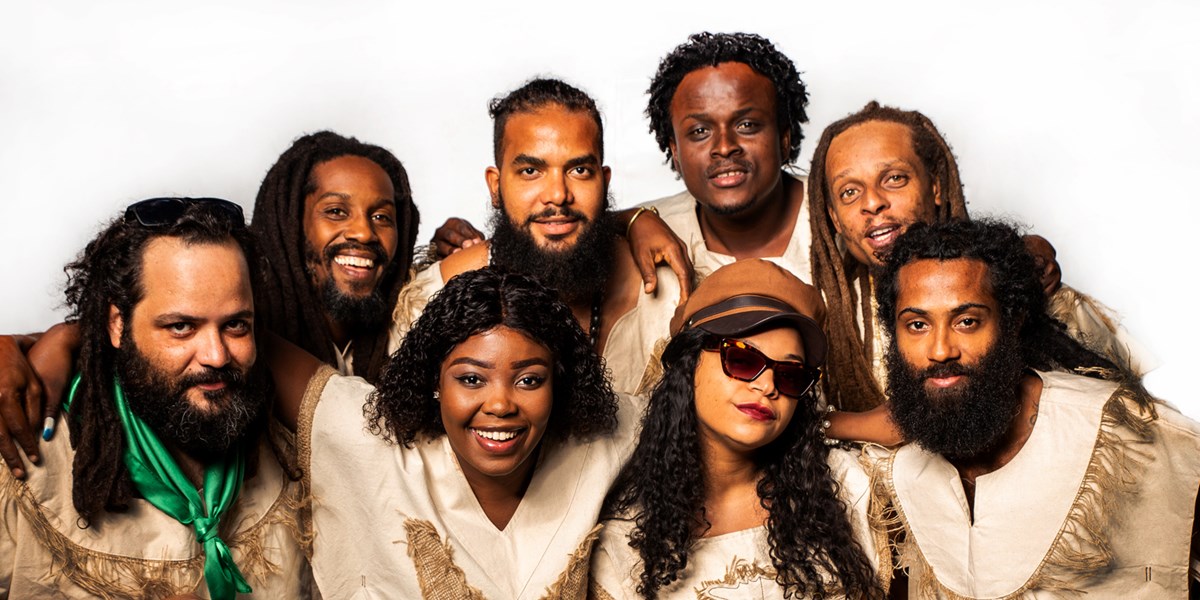Wednesday, March 2, 2022
“We're using art as our ammunition” | Azueï
In their attempt to unify the cultures of Kiskeya, this unique ensemble from Haiti and the Dominican Republic are making waves both at home and abroad

©Amazan Charly

Register now to continue reading

Thanks for visiting the Songlines website, your guide to an extraordinary world of music and culture. Sign up for a free account now to enjoy:
- Free access to 2 subscriber-only articles and album reviews every month
- Unlimited access to our news and awards pages
- Our regular email newsletters

